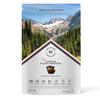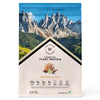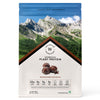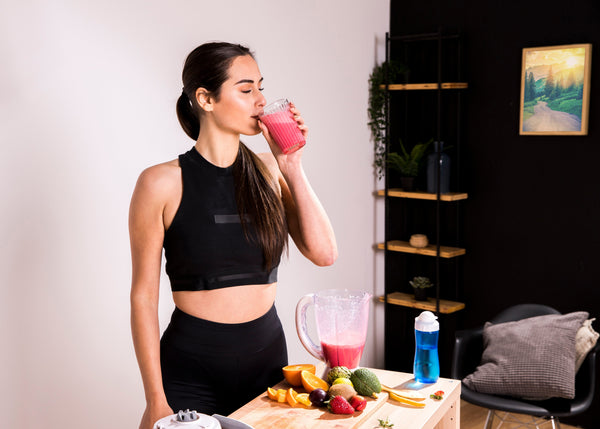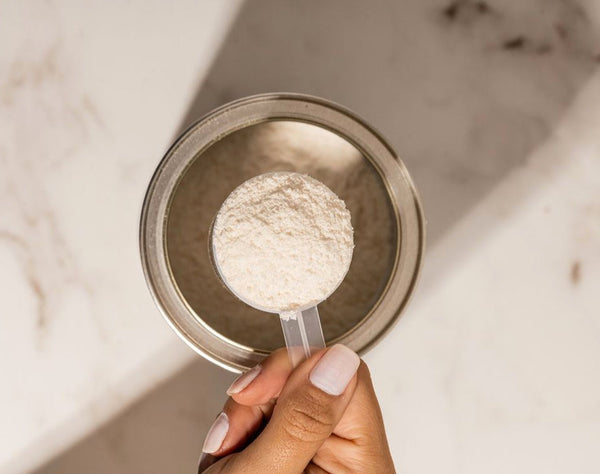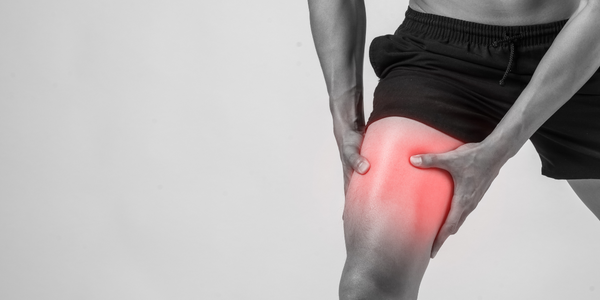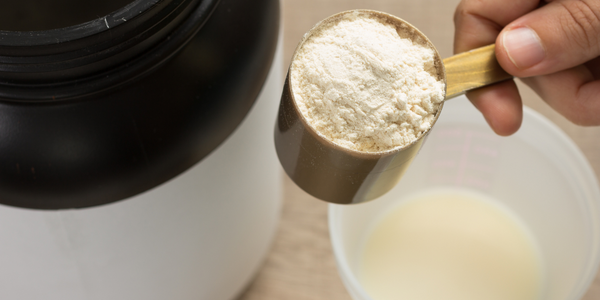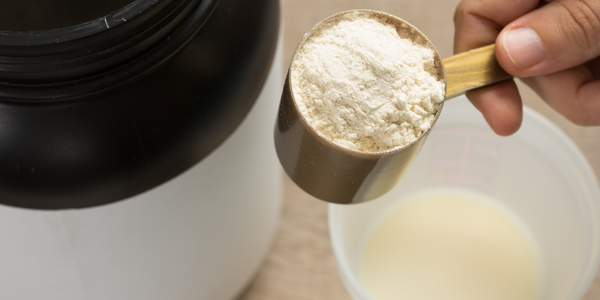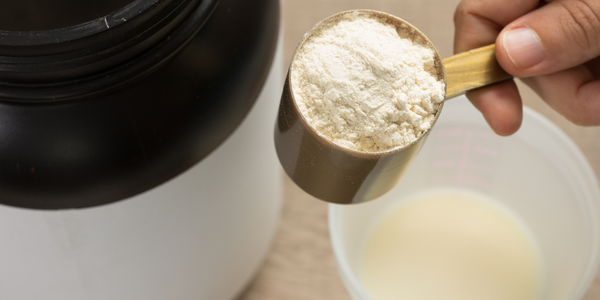We hear about protein intake all the time, but how much do we actually need? Whether you’re trying to build muscle, maintain energy levels, or simply support overall health, ensuring you meet your daily protein intake is key. But for many, hitting that target can be a challenge. If you’ve ever wondered how to increase protein intake without relying on unhealthy options, we’ve got you covered.
Let’s explore how you can boost your total protein intake per day through a mix of diet, lifestyle changes, and smart supplementation.
Understanding Your Daily Protein Requirement
Before diving into how to get more protein, let’s talk numbers. The protein requirement for adults varies based on activity level, age, and health goals:
-
Sedentary individuals: 0.8g of protein per kg of body weight
-
Active individuals: 1.2g - 2.0g of protein per kg of body weight
-
Athletes or those looking to build muscle: 1.6g - 2.2g per kg of body weight
For example, the daily protein requirement for men weighing 70kg (154 lbs) would range from 56g to 140g depending on activity levels. Understanding this helps you fulfill your daily protein requirement with the right foods.
Best Protein Food in India: Natural Ways to Boost Intake
Getting enough protein in food doesn’t mean relying solely on meat or dairy. India offers plenty of rich plant-based and animal-based sources:
1. Legumes and Lentils: The Plant-Based Powerhouses
-
Moong dal, masoor dal, and chana dal are packed with protein.
-
Soy products like tofu and tempeh offer a complete amino acid profile.
-
Chickpeas and kidney beans are not only high in protein but also great sources of fiber.
2. Nuts and Seeds: Small but Mighty
-
Almonds, walnuts, and peanuts offer healthy fats along with protein.
-
Chia seeds and flaxseeds help boost the total protein intake while also being great for digestion.
3. Dairy and Eggs: A Classic Choice
-
Greek yogurt is higher in protein than regular yogurt.
-
Paneer and cheese provide slow-digesting casein protein.
-
Eggs are one of the best sources of complete protein.
4. Whole Grains: Carbs with a Protein Punch
-
Quinoa is a rare plant-based complete protein.
-
Brown rice and whole wheat products contain more protein than refined grains.
Increasing Protein Intake with Smart Dietary Choices
Ensuring you meet your daily protein intake is easier than you think—especially when you make intentional food choices throughout the day. Whether you follow a vegetarian diet or simply want to optimize your protein intake, these strategies will help you get the most out of every meal.
If you follow a vegetarian diet, getting all essential amino acids requires a bit of planning. Here’s how to fulfill your daily protein requirement:
✅ Pair Complementary Proteins – Combine legumes and whole grains like dal with rice, hummus with whole wheat pita, or peanut butter with whole-grain bread to ensure a complete amino acid profile.
✅ Incorporate Dairy or Plant-Based Proteins – Greek yogurt, paneer, and fortified plant-based protein supplements can help bridge nutritional gaps.
✅ Snack Smart – A handful of almonds, walnuts, chia seeds, or roasted chickpeas can add protein to your diet effortlessly.
✅ Diversify Your Meals – Tofu, tempeh, quinoa, and lentils are excellent sources of plant-based protein to include in daily meals.
Daily Eating Habits That Work
Beyond choosing the right foods, structuring your meals around protein-forward choices can help you consistently meet your daily protein intake.
Start Your Day with Protein
A high-protein breakfast sets the tone for the day. Options include:
-
Scrambled eggs or tofu with whole wheat toast (15-20g protein)
-
Chia seed pudding with Greek yogurt (10g protein)
-
A smoothie with Vegan Protein Powder blended with almond milk (20g protein)
Prioritize Protein at Every Meal
Aim for at least 20-30g of protein per meal by including:
-
Dal with brown rice and mixed vegetables (20-25g protein)
-
Paneer or tofu stir-fry (15g protein)
-
Quinoa and grilled tempeh with veggies (25-30g protein)
Snack Wisely
Instead of reaching for carb-heavy snacks, try:
-
Nuts and seeds with a banana (10g protein)
-
Roasted chickpeas (10-15g protein)
Post-Workout Recovery Matters
After exercise, consuming protein supplements for wellness helps muscle recovery. A protein blend - whey protein or vegan option made from pea and brown rice protein is an excellent option, especially if you’re avoiding dairy.
End the Day with a Protein Boost
A scoop of Protein Powder before bed helps muscle repair overnight. Try blending it with almond or oat milk for an easy nighttime protein fix.
With mindful eating and small tweaks in your daily routine, you can increase protein intake effortlessly and ensure you’re meeting your total protein intake per day—without stress.
Final Thoughts
Meeting your protein requirement for adults doesn’t have to be complicated. With a combination of smart food choices, lifestyle adjustments, and the right supplements, you can increase protein intake effortlessly. Whether you’re focusing on how to gain protein, improve muscle health, or support overall wellness, consistency is key.
The next time you wonder how to complete daily protein intake, remember: a balanced approach is the best approach. Keep your meals diverse, prioritize high-quality protein, and make small, sustainable changes for a healthier you.








